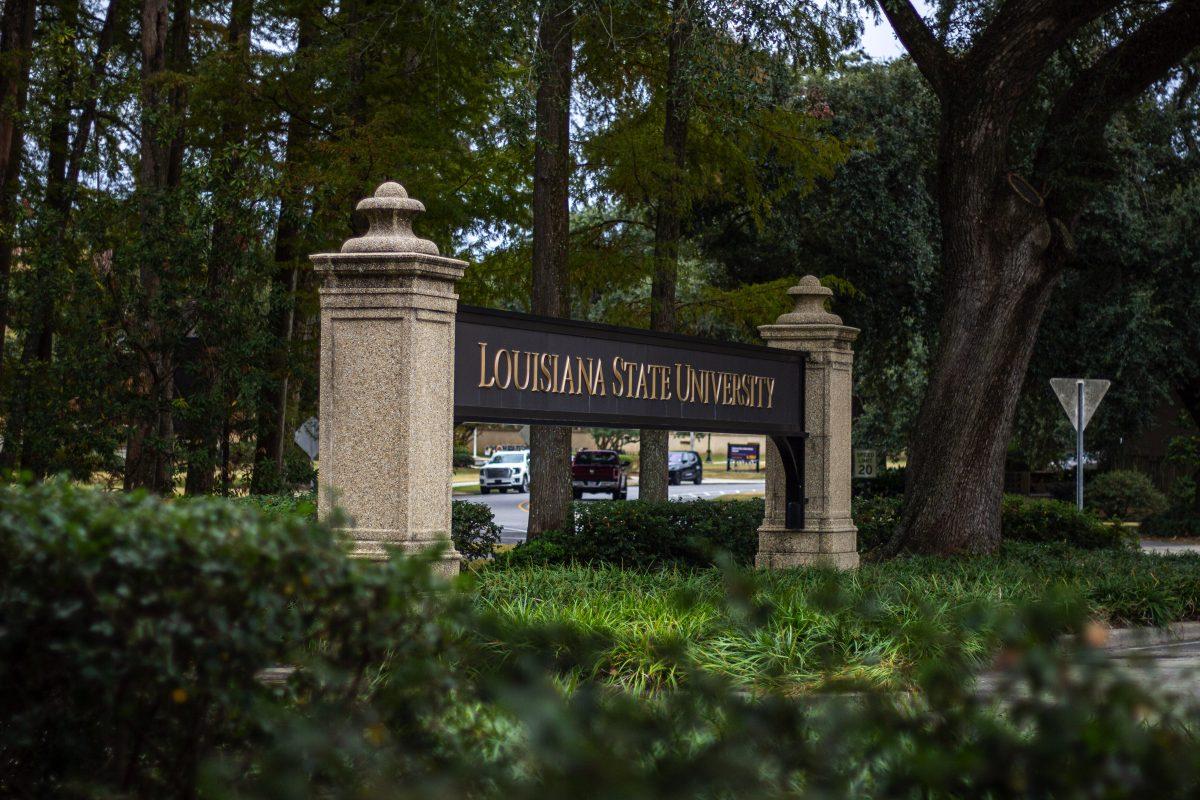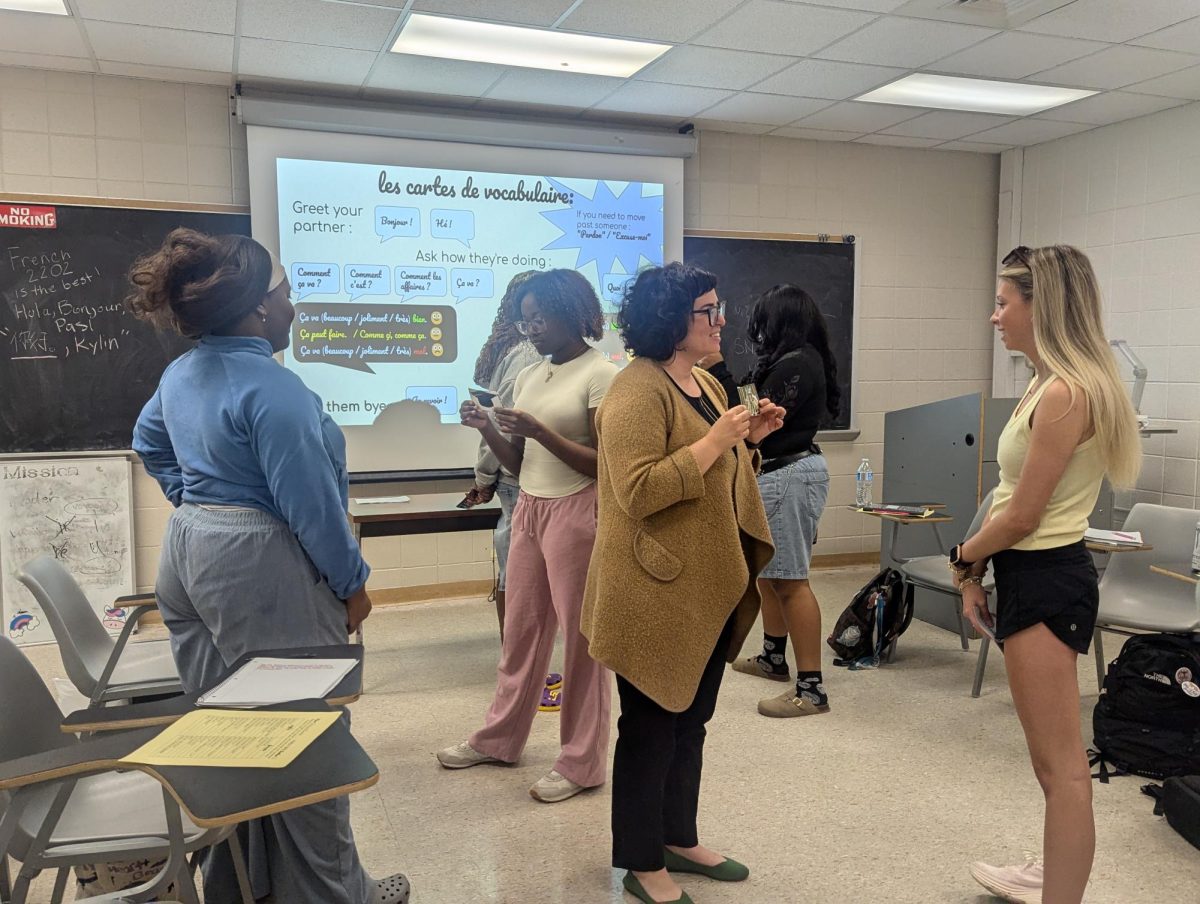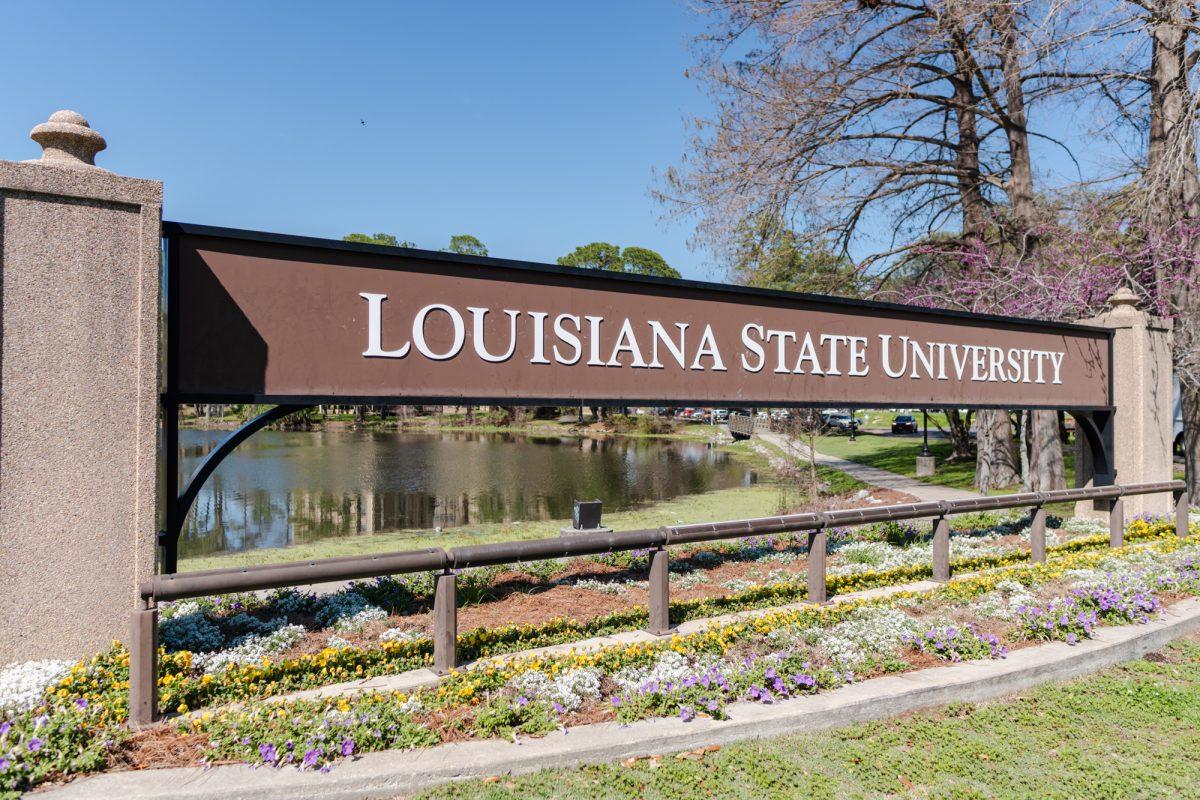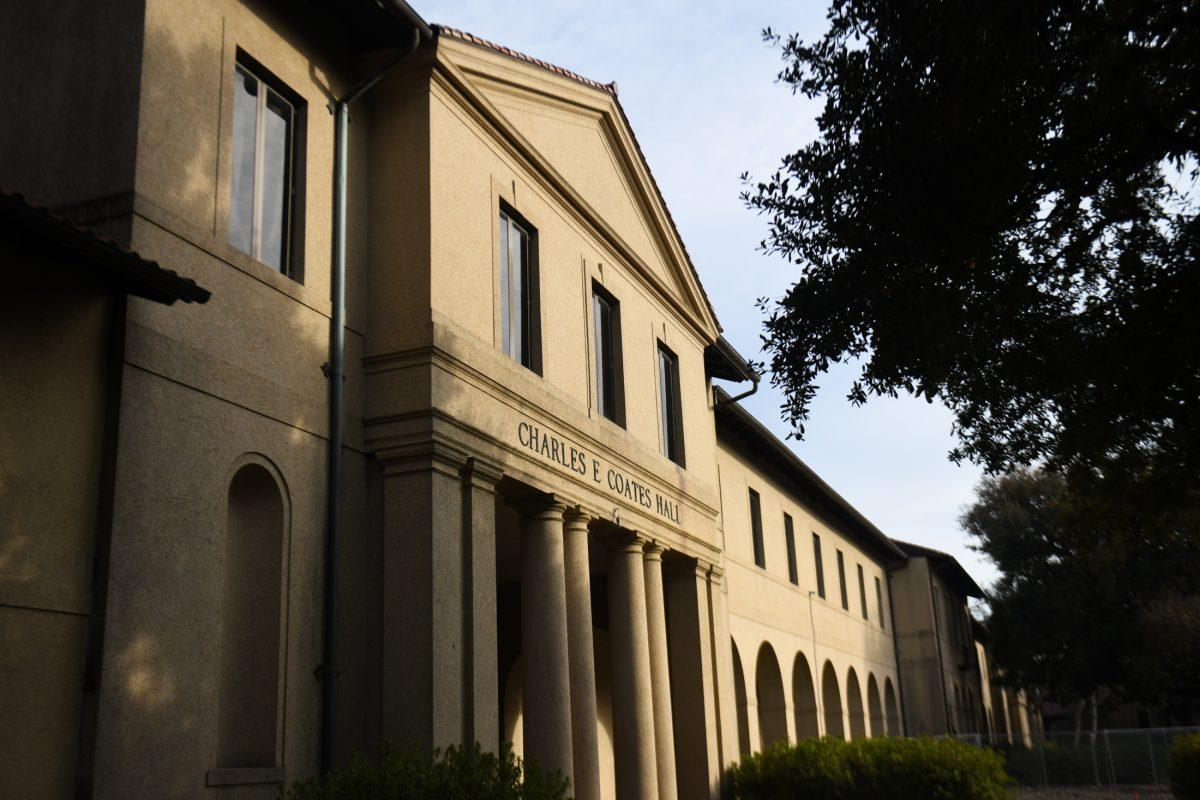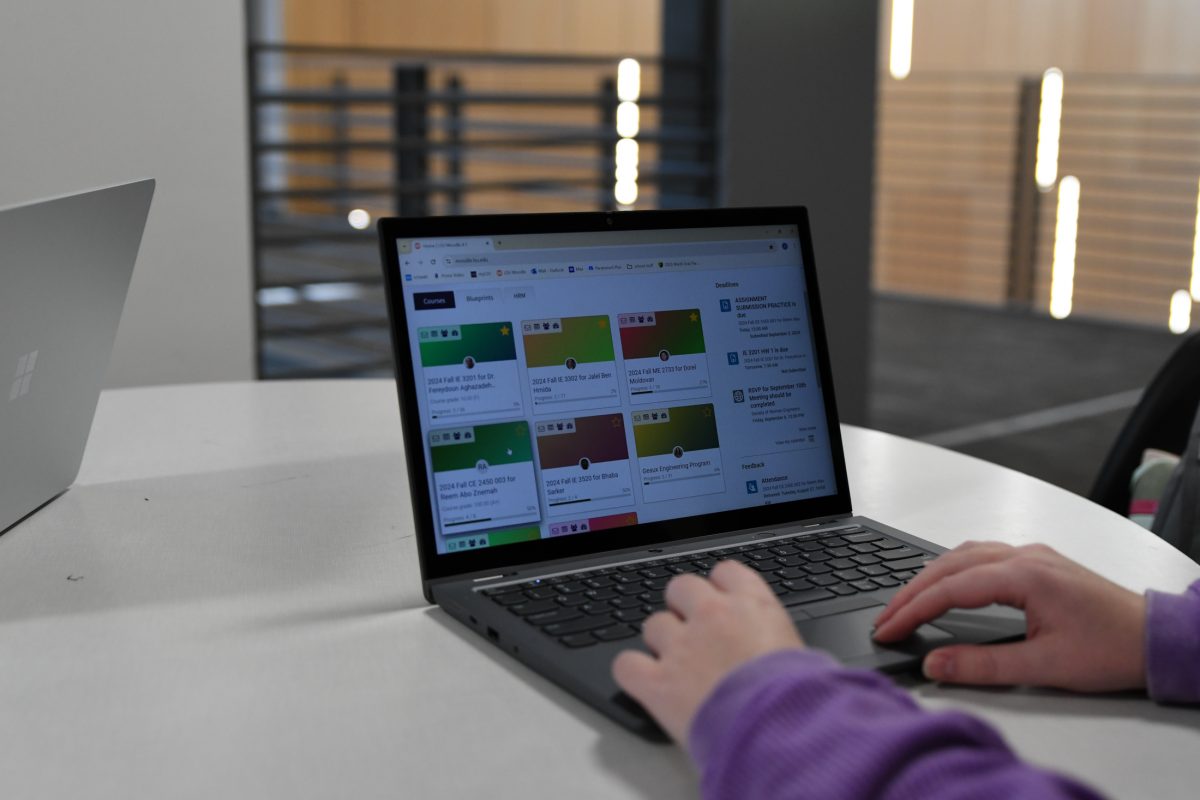Kenneth Miles, the former executive director of LSU’s Cox Communications Academic Center for Student-Athletes, passed away Saturday morning. He was 50 years old.
Miles worked at LSU from 2008 to 2019, when he left Baton Rouge to become the executive senior associate athletic director at the University of Michigan. At LSU, he oversaw renovation efforts to the Cox Academic Center, helped dramatically increase the athlete graduation rate and mentored countless athletes.
“The Michigan family is devastated to report that Kenneth Miles has passed away this morning,” the school’s statement read. “Please keep Kenneth’s family in your thoughts and prayers.”
Miles also served as LSU’s interim vice provost for equity, diversity and community outreach in 2013.
“It’s truly an honor to work with such a talented team of educators,” Miles told LSUsports.net in 2009. “We have the best job in America at LSU because every day we come to work we can impact someone else’s life because we are responsible for making societal changes when necessary.”
Miles was a four-year letterman in football at the University of Virginia. He also worked at Syracuse University, where he was the director for academic support. At Syracuse, he established the Kenneth O. Miles Scholarship, helping students of color pay tuition.
“When you get involved, you develop strong relationships with people and share part of yourself with them,” Miles told LSUsports.net. “I enjoy having an impact on people.”
Several members of the LSU community shared their fondest memories of Miles with The Reveille.
Lori L. Martin, professor of sociology and African and African American studies
I edited a book called Out of Bounds: Racism and the Black Athlete. A contributor, C. Keith Harrison, found out I was starting a position at LSU and suggested I connect with his friend, Kenneth Miles. And the rest is history.
From the time I stepped on to campus, until last Friday when I last heard from Kenneth, he was a blessing to me personally and professionally. He cared about student athletes as total persons. He advocated on their behalf. Kenneth also advocated for black faculty and staff, including me.
Kenneth encouraged and supported me and in so many ways. His last text said, “Great job on the webinar.” He always made me feel like an academic superstar. He was interested in my work. He nurtured my career in such a way that I am able to have more of an impact on what happens on campus, especially for issues impacting student athletes.
Kenneth was just a wonderful person. He took the time to engage with my sons, whether we saw each other on campus or at the local Albertson’s. Kenneth was also a talented artist. At his going away event at LSU, he encouraged my then 9-year-old son to continue to pursue his interest in drawing.
Kenneth was bigger than LSU. He was a loving father, among other roles. My heart breaks for his family, friends, LSU student athletes, administrators, coaches and staff and the team he assembled in the Cox Academic Center for Student Athlete Success.
I will honor Kenneth’s legacy by paying it forward.
Herman Kelly, adjunct instructor, African and African American studies
My family and I will always be indebted to Mr. Kenneth Miles, because our daughter, Tiffany Kelly, served as an intern under his supervision and mentor-ship. He loved LSU, and his bigger than life smile made one’s day.
Akiya Thymes, outfielder, LSU Softball
Kenneth was a great life mentor. He cared about us as people. His size and his voice were so intimidating, but he was so kind and loving. My freshmen year, he named me “killer” because he said he loved how I always kept the boys in check. But every day he would ask me how my day was going, and if I passed by his office and didn’t say anything, he would scream my name and say, “Um, killer, are you just going to walk past me today? Are we not friends today or something?” But really, I was probably late and in a rush. He had a huge heart, and his daughter Alex is just like him in that way. So my prayers are for her that she finds peace and understanding through this tragedy.
Stephen Finley, director, African and African American studies
We arrived at LSU around the same time. I think he got there in 2008, which is when I got there. So we were at LSU together for the 11 years he was there, and he was just a really nice guy. And his doors were always open. I would stop in there periodically in the Cox Center without an appointment just to say hello.
He was also, for a little while, the vice provost for diversity. And he took that job really seriously for the year or so he was in that position. And I trusted him in that position, too.
I think it was on my 50th birthday, where he couldn’t make my party, but he bought a cigar for me. That was pretty nice. It was a good cigar too.
He was a good guy, man.
Keava Soil-Cormier, assistant director of recruiting operations, LSU Football
We were just talking one day, waiting for the recruit and his parents to show up. And [Miles] was asking about me, my journey, how I got to where I am right now.
He was like, “Where do you see yourself in five years?” It was a random question.
It kind of caught me off guard. I gave him a generic answer to the question.
And he looked at me, and he was like, “Uh, that’s it?”
I thought it was a good answer.
And then he said two words to me. His response was, “Think bigger.” So I remember the story. I remember where we were standing. I remember the weather. It was raining. I remember everything about it because it stuck with me. Whatever you’re thinking, think even bigger.
I’ll remember him as someone who always wanted to help others. I think I make that part of his legacy. He was just a really giving person. He was always just, “what can I do to help others? What can I do, so more people that look like me can be in positions like me?” That was one of his big things. I think he helped a lot of people.
Sharon Lewis, Assistant Athletic Director/Football Recruiting and Alumni Relations
He’s truly missed. He became a friend because he mentored people. He was always there to help you fix your life, tell you what direction. Personally, I leaned on him for a lot of things and advice because he was truly the smartest one in the room because he was just so intelligent and the way he guided and gave us information to better ourselves from an academic standpoint, from a personal standpoint.
He was a coach to prepare you academically and in the classroom, and he tackled it just like that. He was very impressive to our recruits and their families.
He really loved this job. It really was about helping young people advance, helping our athletes get better.





